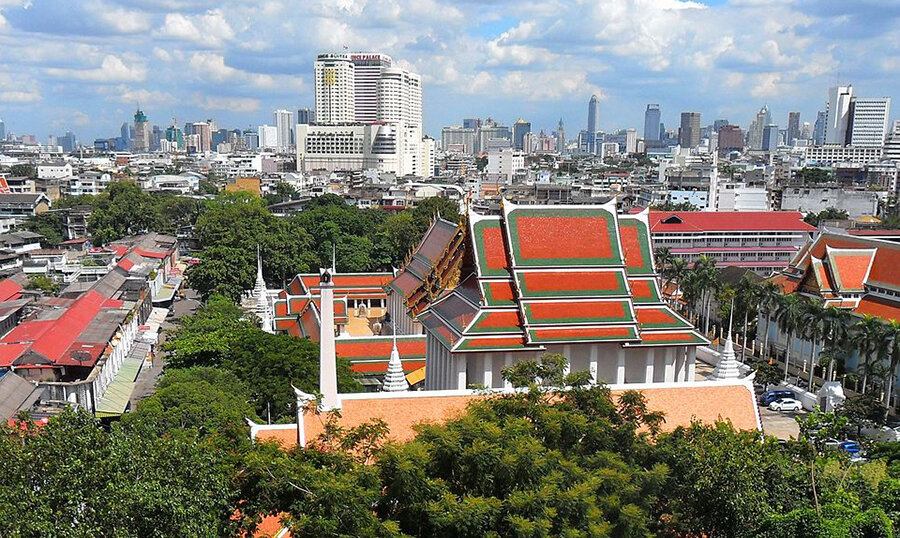Thailand Cuts Property Transaction Taxes: How Authorities Are Supporting the Real Estate Market in 2025

The Thai government has approved significant tax relief measures for property buyers, according to the Bangkok Post. Registration fees for residential property transactions priced up to 7 million baht (around $201,700) have been reduced from 2% to a symbolic 0.01%. This policy will remain in effect until June 2026.
Deputy Finance Minister Paopoom Rojanasakul explained that the fee reduction aims to revive the stagnant real estate sector. The measures are accompanied by relaxed lending rules (LTV), which the ministry expects to boost the number of transactions by nearly 9.7% compared to the previous year. Finansia Syrus Securities analyst Wirawat Wirojphokhee believes such changes could help revitalize the market. “This is the price range where mortgage approvals are most frequent, and this is exactly where fiscal incentives have the greatest impact,” he noted.
At the same time, Pornnarit Chunchaisit, president of the Thai Real Estate Association, pointed out that despite the positive effects, it’s crucial to consider global interest rate trends and the cautious stance of Thai banks in lending.
Experts note that the recent slowdown in real estate activity was not only due to post-pandemic effects but also linked to the earthquake at the end of March 2025. The disaster mainly struck Myanmar, but tremors were felt in Thailand as well. In Bangkok, a 30-story skyscraper under construction collapsed, and about 13,000 buildings were damaged—most of them high-rise residential complexes in the capital region.
The incident exposed vulnerabilities in construction standards and significantly impacted consumer confidence. Demand for condominiums dropped sharply, and many transactions were put on hold. Deputy Finance Minister Paopoom Rojanasakul also acknowledged delays in property title registrations, which have further weighed on the market. The government is now considering additional support measures beyond the previously announced tax relief.
Analysts remind us that even before these events, the market was already under pressure. By the end of 2024, Bangkok and its surroundings had 235,000 unsold condominium units—a record high since 2018. Sales volume fell by 37% during the same period. Patarachai Thavivong from Colliers Thailand noted that the earthquake was “a blow to a segment already struggling with oversupply.” Analysts at Kiatnakin Phatra Securities expect demand to shift toward low-rise properties. Meanwhile, major developers are working to rebuild trust. For example, Sansiri Pcl inspected more than half of its projects and reported no serious structural damage. Other developers have also announced similar inspections.
Previously, Thai authorities had pinned hopes on reviving the property market by attracting more foreign buyers, with discussions of legislative changes and regulatory easing. Now, concrete steps have been taken that could draw attention to the sector, though they are unlikely to fundamentally change the landscape. For affluent buyers, the tax cut is unlikely to be a decisive factor.
Meanwhile, the core regulations remain unchanged: Thailand still imposes restrictions on property purchases and ownership by foreigners. Foreigners still cannot own land, and condominium ownership remains subject to specific conditions. Investors planning to generate rental income should also note that rental businesses are under increased scrutiny. Several landlords have already been arrested, including foreigners, for violating short-term rental regulations. Authorities have stated they will continue to focus enforcement on foreign landlords to visibly demonstrate the strictness and enforcement of existing laws.








